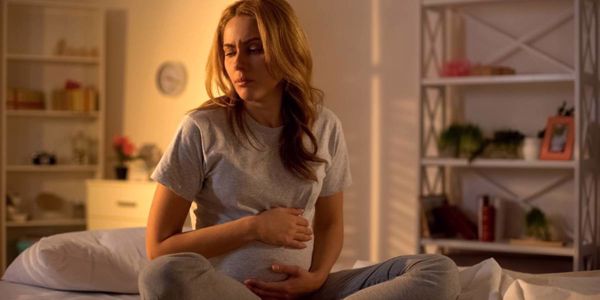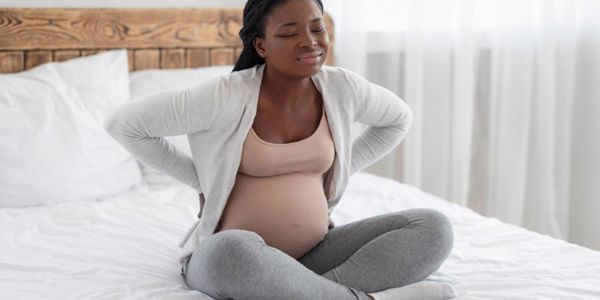Too many pregnant women still haven’t had all (or in some cases, any) of their COVID-19 vaccine doses, putting themselves and their unborn children at risk. The vaccine myths still doing the rounds on social media aren’t helping. So we’ve put together the latest medical advice from UK sources you can trust, to help you tell the facts from the fiction.
Myth 1: We don’t know if it’s safe to get the COVID-19 vaccine during pregnancy
Actually yes, we do. We now have extensive evidence showing that the vaccines are safe for pregnant and breastfeeding women and have no impact on fertility. This has been made extremely clear by the government, its senior clinicians and a range of independent experts.
The latest data from the UK Health Security Agency (UKHSA) also shows similar birth outcomes for those who had the vaccine and those who had not.
The importance of getting vaccinated as a pregnant woman has been emphasised by expert groups such as the Royal College of Obstetricians and Gynaecologists (RCOG) and the Royal College of Midwives (RCM).
Myth 2: COVID-19 symptoms are generally mild and not something to worry about
You may have spoken to pregnant women who’ve had the virus and only experienced mild symptoms, or none at all. But did you know that in fact, pregnant women are more likely to get seriously ill from COVID-19?
The UK Obstetric Surveillance System, which studies pregnancy disorders nationwide, emphasises the risk of taking your chances with COVID. Their data shows that, of the pregnant women who had to be admitted to hospital with COVID-19 symptoms between May and October 2021, 96.3% were unvaccinated. One in three of these women ended up requiring respiratory support.
Myth 3: It’s better to wait until baby’s born to get vaccinated
Not only is this unnecessary, since the vaccine is proven to be safe for both pregnant women and their babies, but putting off getting your vaccines puts your baby at risk.
According to Dr Edward Morris, President of the Royal College of Obstetricians and Gynaecologists, “Pregnant women are more vulnerable of becoming seriously ill from COVID-19 infection, and this can lead to an increased risk of giving birth prematurely, and stillbirth.”
What’s more, the UK Obstetric Surveillance System has found that around 1 in 5 pregnant women who are hospitalised with the virus need to be delivered preterm to help them recover – and 1 in 5 of their babies need care in the neonatal unit.
We know that the newest COVID variant, Omicron, spreads more easily than previous variants. This means your chances of catching it before giving birth are higher, even if you’re being careful.
What about side effects?
Like all medicines, the COVID-19 vaccines can cause side effects, but not everyone gets them.
Most side effects are mild – like a sore arm from the injection, feeling tired or achy and feeling or being sick. They shouldn’t last longer than a week and can be treated with paracetamol. Reports of serious side effects are very rare.
As a pregnant woman, getting vaccinated is one of the most important things you can do to keep yourself and your baby safe from COVID-19. If you still have questions or concerns, speak to your clinician or midwife. And then, whether you need dose 1, 2 or your booster, get it booked at www.nhs.uk/covidvaccination





